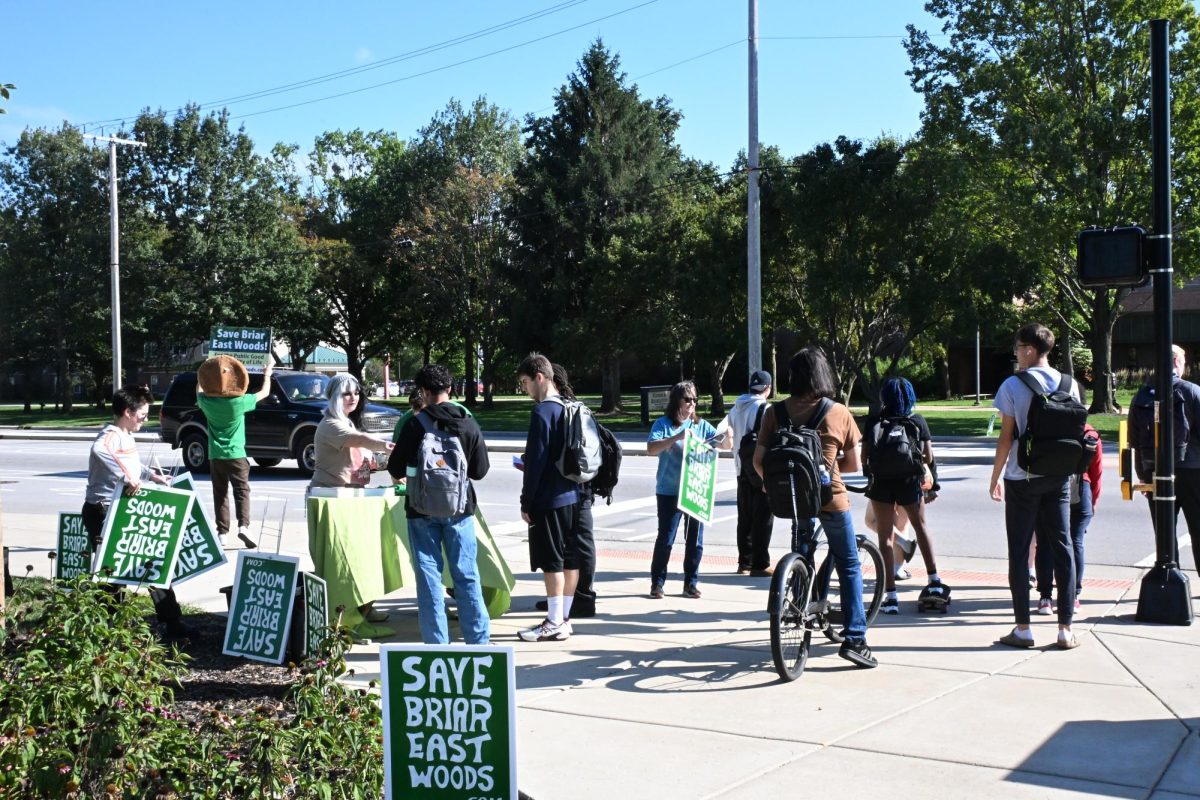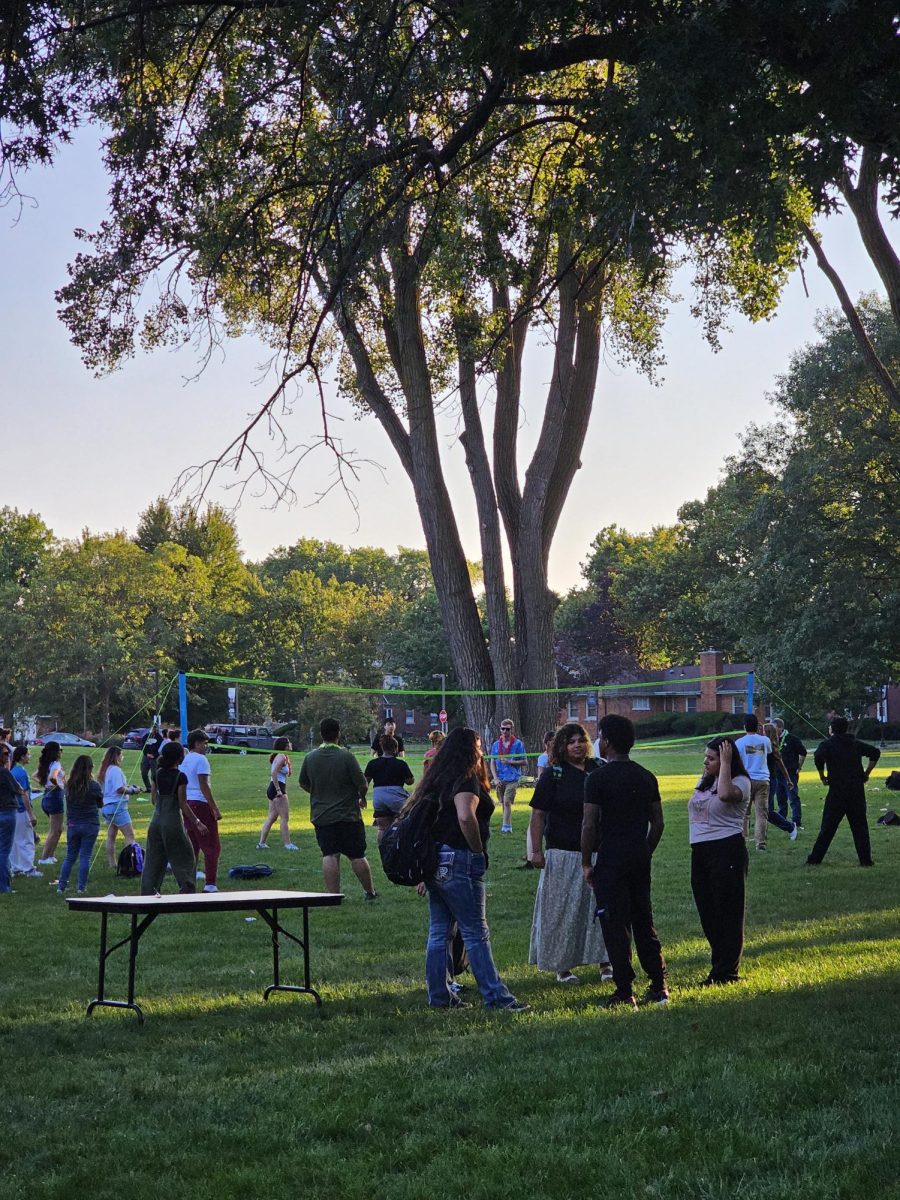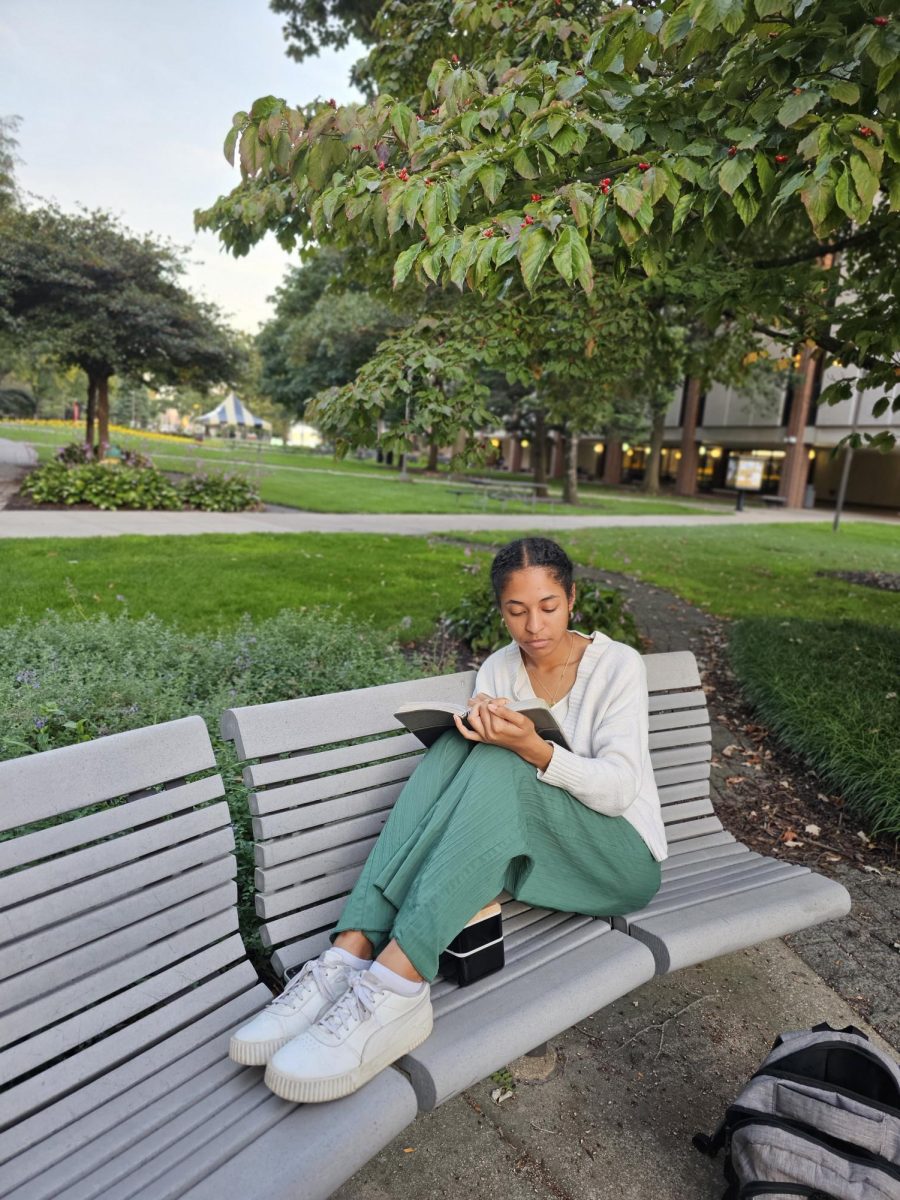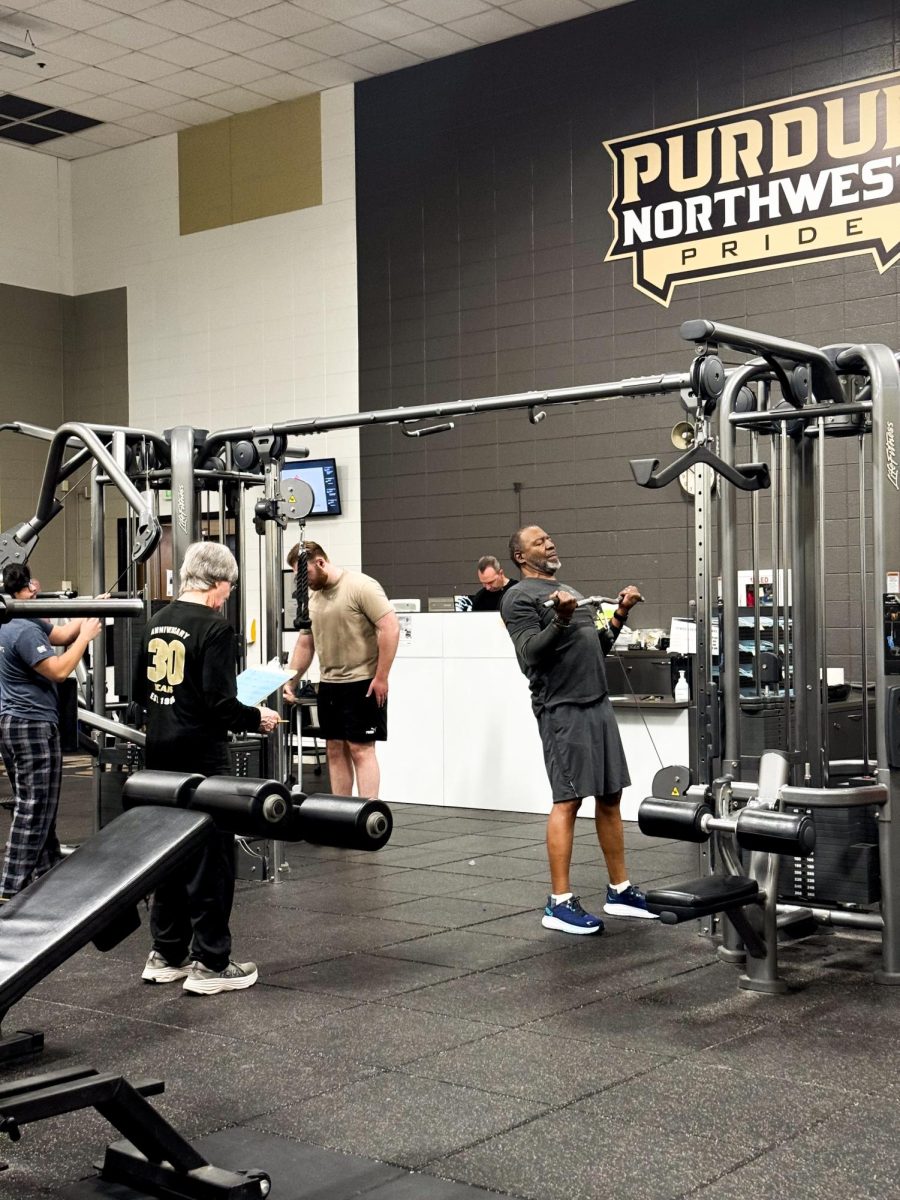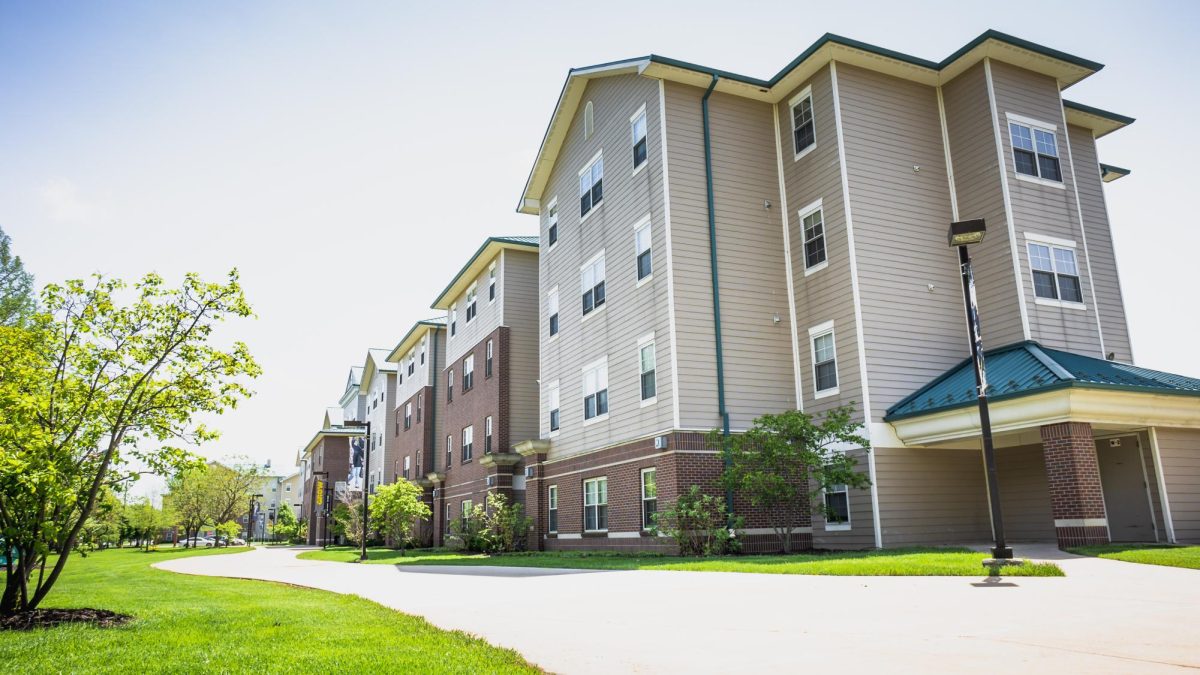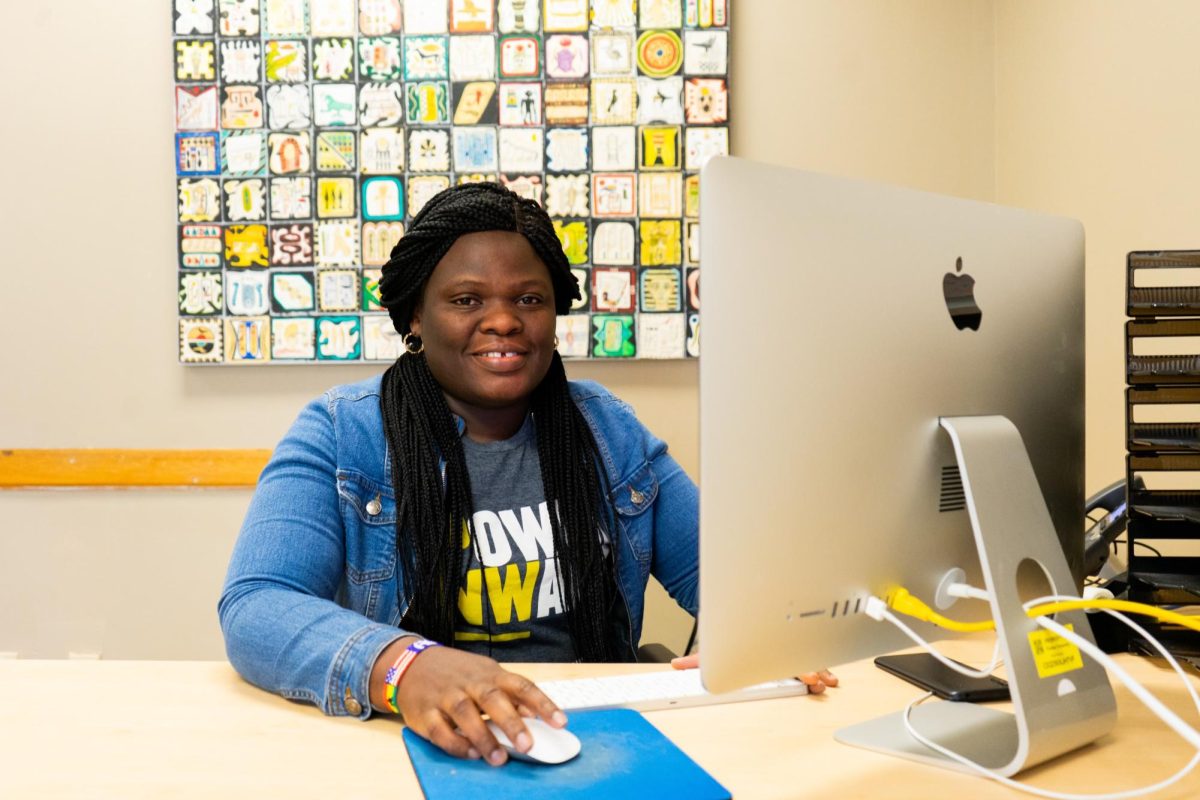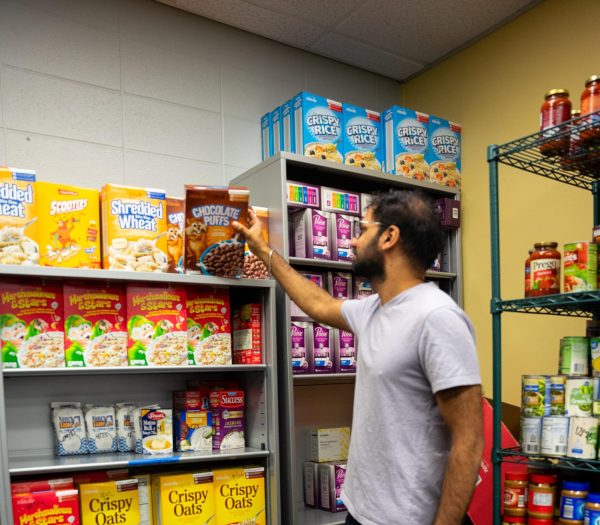
PNW just stocked its two food pantries with more than 3 tons of groceries and university administrators hope it lasts until the fall.
“There is a clear need for [the food pantry],” said Salvador Cordova, assistant director for Student Life and advisor of the Food Pantry Committee. “We have about 100 unique students a month that use the pantry.”
The PNW Food Pantry works to eliminate food insecurity on campus.
Last fall, the federal Department of Education reported that 23% of undergraduates, and 12% of graduate students experience food insecurity, which means they do not know where their next meal is coming from. The number represents more than 4 million students nationwide.
“The level of food insecurity among college students is always well hidden,” said Scott Iverson, assistant vice Chancellor of Housing and Student Life and founder of the Food Pantry, which operates from SULB 307 in Hammond and DSAC 1021A in Westville.
“A lot of students are here on scholarships and financial aid, which doesn’t translate to money for food all the time,” Iverson said. “This pantry and the support we’ve received for it can remove this boundary.”
Food insecurity is most common among international students, whose visa restrictions make it difficult for them to get off-campus jobs.
“International students are a major proportion of those who use the food pantry,” said student worker Vinay Teja Pathakamuri, a graduate student majoring in Computer Information Technology. “Our food culture is different … most food here is American. The pantry sometimes has rice and stuff.”
Iverson said that making sure food insecure students get the proper nutrition benefits the broader PNW community.
“[Well-fed] students … are better able to succeed,” he said. “The community benefits from the university providing successful graduates.”
To fill the pantry’s shelves, PNW organized the Chancellor’s Cup Challenge, an annual spring competition that has become part of the school’s Homecoming events. For four days, campus organizations competed with colleges to donate food to the pantry.
This year, the Challenge collected 6,470 pounds of food. The university recognized three groups for their donations. The Student Athlete Advisory Committee was the student organization that collected the most items; the College of Humanities, Education and Social Sciences was the faculty-staff organization that collected most items, and the College of Nursing was named overall winner of the competition based on its size.
Though the pantry is fully stocked, Iverson is already concerned about the future.
“The shelves will start feeling empty by summer,” he said.


